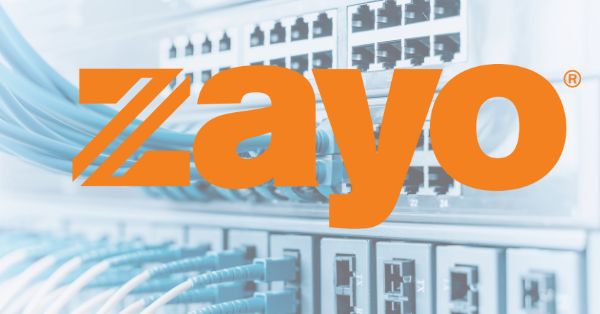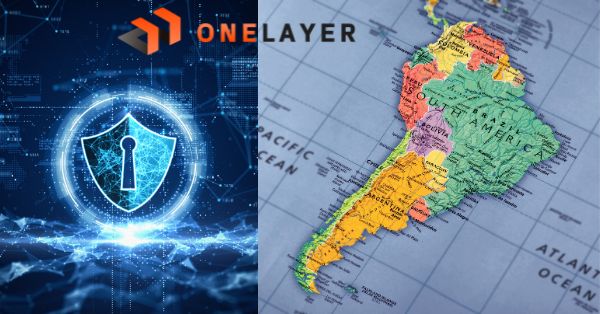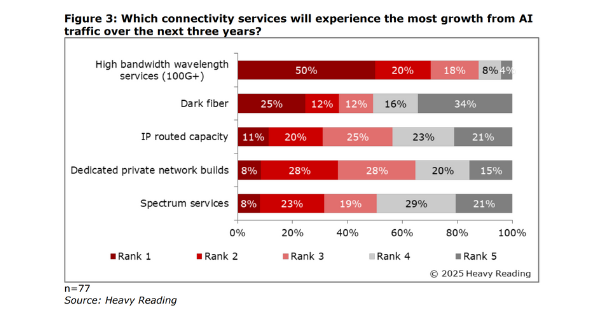Expeto Inc., the provider of enterprise networking services over both public and private mobile networks, announced its collaboration with Portland General Electric (PGE), aiming to expedite grid modernization and renewable energy results. PGE, an all-inclusive energy company serving Oregon, has selected Expeto’s NeXtworking™ platform to power their commercial wireless network deployment.
By 2030, Pacific Gas & Electric Company is committed to reducing greenhouse gas emissions associated with Oregon retail electricity consumption by 80%, compared to its baseline emissions levels.
By utilizing the Expeto-enabled PGE private wireless network, grid resiliency and recovery times will be dramatically improved for all customers. Smart sensors and devices can monitor field conditions in real-time, while connected workers will ensure enhanced safety. Additionally, charging stations for electric vehicles on the public grid is supported by this transformation. Ultimately, these improvements provide immense benefits to everyone who uses PGE services.
After a year of exhaustive testing in the Connected Utility Lab, PGE concluded that Expeto had what it took to deliver their desired next-generation connectivity and chose them for this purpose.
Expeto has created a highly secure, virtual private network that is established on tier-one mobile networks. This gives enterprises the same functionality of a private radio network without needing to expend huge sums of money purchasing spectrum, employing engineers and subcontractors, or getting approval for tower and radio infrastructure deployment. It essentially saves the capital costs, which are then passed onto consumers over time.
PGE’s Senior Manager of Grid Asset Engineering, Ananth Sundaram, stated that the company had a choice between spending large amounts of capital to construct a network that would take years and growing their business through renewable energy sources and grid applications as an inexpensive alternative. With Expeto, we can easily access sophisticated use cases that provide us with a private networking experience over public connectivity, irrespective of our location. Their enterprise-first approach has provided us with the assurance that our network is secure and reliable so we are free to channel all of our energy into hastening an equitable transition towards clean and reliable energy sources.
By adopting the Expeto approach, organizations can rapidly scale their grid nodes (e.g., DERS and EV charging stations) and devices (e.g., wildfire risk monitoring cameras and AMI), enabling them to reach carbon reduction, resilience & safety goals more efficiently than ever before.
Through the deployment of an expansive network that covers 4,000 square miles and connects over 250,000 devices on existing cellular networks at just 10% of the cost necessary for traditional solutions, Pacific Gas & Electric Company (PGE) will help to avoid both costly capital investments and operational expenses related to constructing a dedicated private LTE network in the next two decades.
According to Brian Anderson, VP of product at Expeto: “When deploying wireless networks for crucial applications, businesses want the freedom and adaptability to configure and manage it similar to their current IT network from a fully containerized platform with multiple tenants.” Expeto is the only software platform that offers unparalleled ease and flexibility to enterprises when managing mobility while maximizing control over mission-critical business needs. Whether you are roaming in or out of the public network, you’ll get a seamless experience at each step. We are thrilled to assist PGE as they surge towards their goal of renewable energy.

































